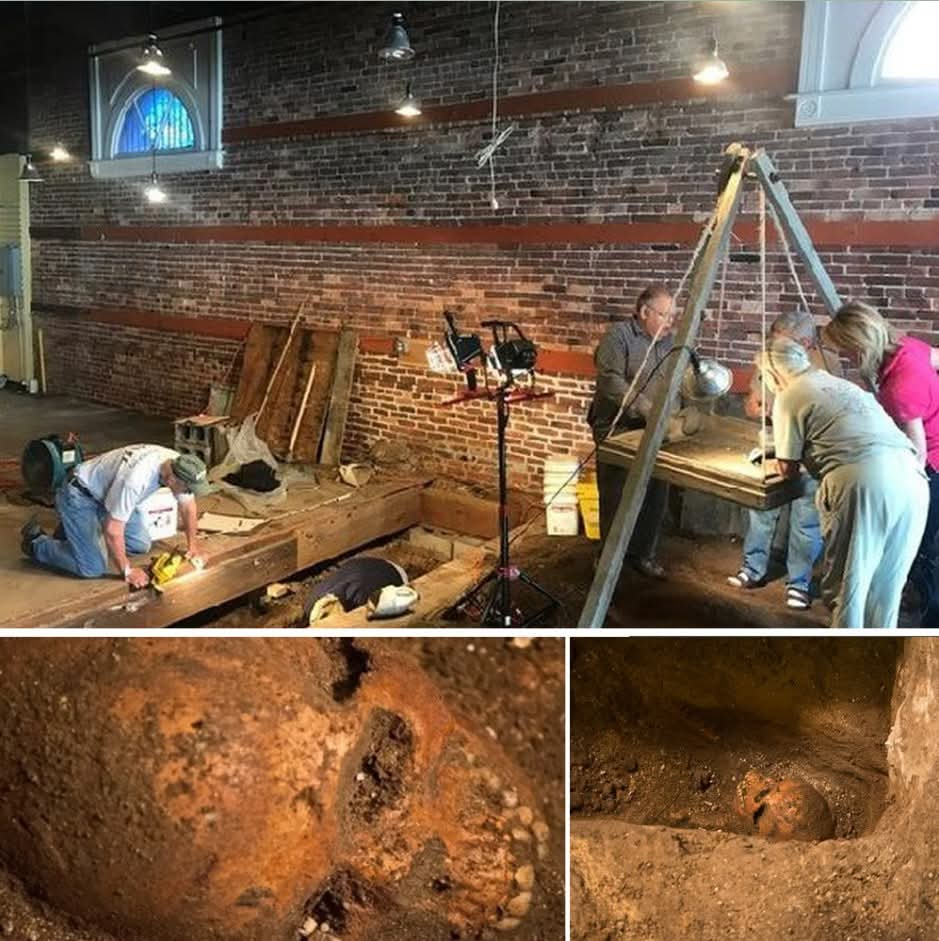The founding of America is often mythologized as a tale of brave pioneers seeking freedom, but beneath this romanticized narrative lies a dark and harrowing truth. The first European settlers, arriving in the early 1600s, stepped into a land already inhabited by millions of Indigenous people with complex societies and cultures. Rather than coexist, many settlers brought violence, disease, and displacement. Epidemics like smallpox—introduced unintentionally and sometimes deliberately—decimated native populations, with mortality rates reaching up to 90% in some areas. Colonists also engaged in brutal warfare and enslavement, seeing Native Americans as obstacles to be removed. Simultaneously, the settlers’ survival was marked by desperation. In Jamestown, famine and harsh conditions led to the infamous “Starving Time” in 1609-1610, during which some colonists reportedly resorted to cannibalism. The pursuit of wealth, particularly through tobacco farming, also birthed the transatlantic slave trade in North America, with the first African slaves arriving in Virginia in 1619. Far from a land of opportunity for all, early America was built on conquest, exploitation, and suffering. This foundation challenges the celebratory myths of freedom and democracy, revealing a legacy of colonization that continues to shape the United States today.
